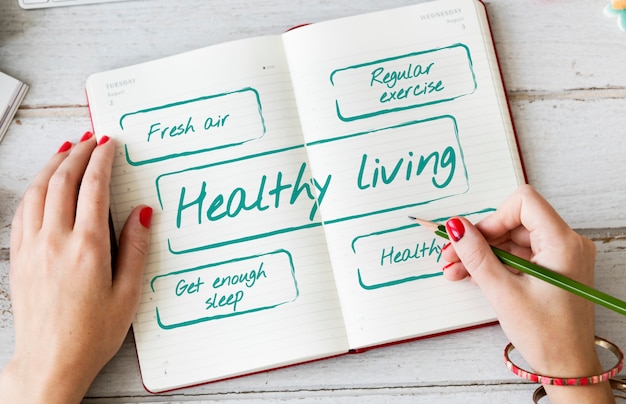
Getting to know whether or not you’re expecting a baby is easier than ever. There are two main methods: blood tests done by a medical professional, or home urine tests you can do yourself.
Let’s focus on the home pregnancy test – it’s straightforward and quick. These tests depend on the existence of a hormone known as Human Chorionic Gonadotropin (HCG). The HCG is created by a growing placenta when an egg gets fertilized.
As soon as this happens, your body begins producing HCG. During early pregnancy, HCG levels double every few days, peaking at the end of the first 12 weeks. A home pregnancy test simply detects the amount of HCG in your urine. It’s a key part of acknowledging and managing your pregnancy. If you’re interested, online tools can help you track pregnancy stages week by week.
This HCG hormone starts circulating in your bloodstream when the fertilized egg attaches to the lining of your uterus. This might occur about a week after fertilization. From there, HCG levels quickly increase, doubling around every two days. If this hormone is found in your urine, a home pregnancy test will show positive results.
On average, about a week after ovulation, the egg travels from the ovary to the uterus. Fertilization can happen anytime during this journey. HCG production begins after the fertilized egg has attached to the uterus. It can be hard to pin down the exact timing of fertilization because sperm can survive inside a woman’s body for four or five days.
Therefore, doctors usually advise waiting about three days after your period is due (around 16 days after ovulation) before taking a pregnancy test. This can be tricky for women with irregular periods. If your periods are irregular, possibly wait four weeks or 36 days after unprotected sex before taking a home test.
So, when’s the best time to take a home pregnancy test? Although some tests promise early detection, it’s generally better to wait a few days after your missed period. That’s because ovulation and implantation can sometimes happen later than you might expect, and it takes a while for HCG levels to rise high enough to be detected.
Remember, every woman and every pregnancy is unique, and HCG levels can vary widely. A faint positive or a negative result doesn’t necessarily mean you’re not pregnant – it could be a “false negative.” If your period still hasn’t arrived, wait a few more days and try another test.
Also, taking the test first thing in the morning can be more accurate since HCG concentration in your urine is highest then. If you’ve missed your period, it’s a good idea to opt for the highest quality home test kit you can find. Knowing whether you’re pregnant as soon as possible will help you make decisions and seek necessary medical care.









